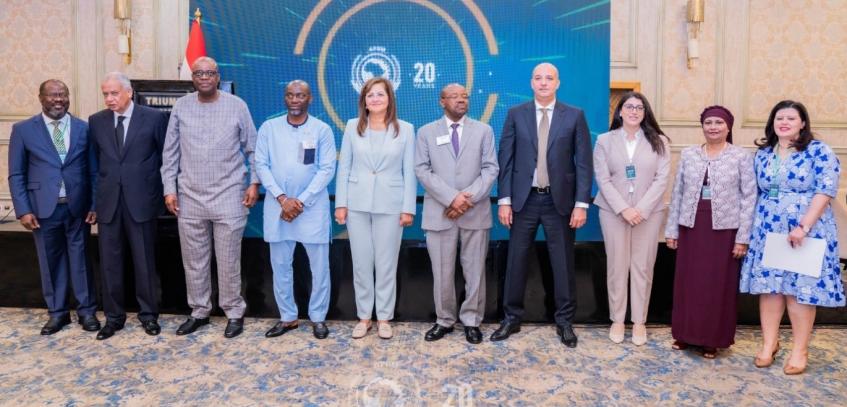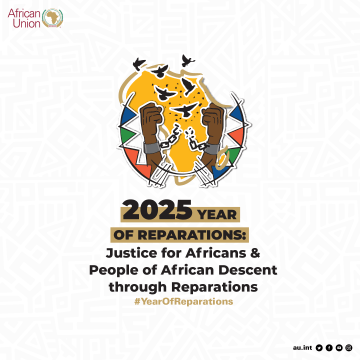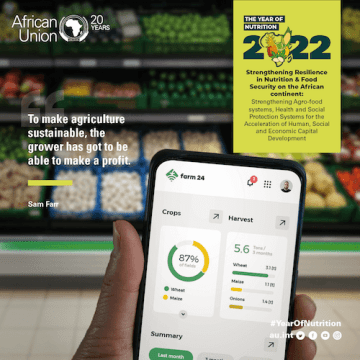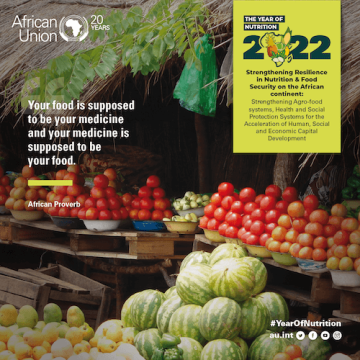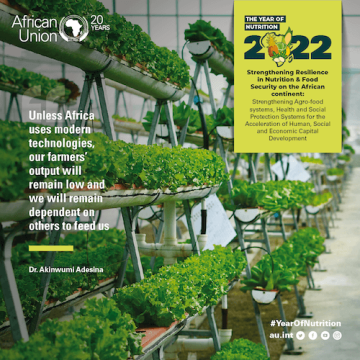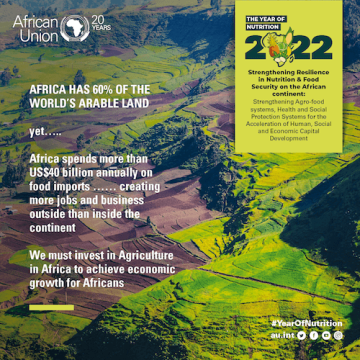Cairo, 12 September 2023. The African Peer Review Mechanism, in collaboration with the Ministry of Planning and Economic Development, the National Institute for Governance and Sustainable Development and the Ministry of Foreign Affairs of the Arab Republic of Egypt co-hosted the APRM Annual Meeting of the National Development Planning Community of Practice in Cairo from 10 to 11 September. The Community of Practice aims to enhance peer-learning and exchange of best practices on NDPs among African countries in response to disaster management post COVID-19 and current preparations for the Second-Ten-year implementation plan (STYIP) of Agenda 2063.
Representatives from fifteen African countries partook in the meeting including Egypt, Uganda, Ghana, Sierra Leone, Togo, Cameron, Zambia, South Africa, Namibia, and Mauritius alongside development partners i.e., African Development Bank, UN Economic Commission for Africa (UNECA) and Islamic Development Bank. The 2023 edition of the Community of practice addressed interlinkages between peace, development, and governance in Africa against a backdrop of growing insecurities on the continent.
The discussions revisited the different tools to tackle strategic planning and foresight as well as persistent challenges including poverty alleviation, food security, data and monitoring as well as development finance and gender mainstreaming in national planning and civil service. Finally, the COP showed best practices on the integration of the APRM national plans of Actions into National Development Plans through the cases of Egypt, Uganda, and Namibia
In his opening remarks, Prof. Eddy Maloka, CEO of APRM highlighted that surge of conflicts and political instability also urge us as AU organs to work coherently and collaboratively to support member states in addressing socio-economic challenges which have a powerful influence on citizens' trust in their governments. In many African countries, access to basic services, including health, education, or proper nutrition, remains a major challenge. Therefore, it is our duty as a self- voluntary mechanism to support member states at least by providing such a platform.
Minister Amara Kallon, Minister of Public Administration and Political Affairs and Chairperson of APRM Committee of Focal Points appreciated the efforts made by APRM Secretariat to offer such a platform for African countries to enrich the culture of mutual learning. He noted that Sierra Leone has some achievements as far as alignment of NDP with Agenda 2030 and Agenda 2063 is concerned. However, Sierra Leone equally faces challenges to mobilise resource for pursuing these development goals as well as enhance public institutions as stipulated in SDG 16 and Aspiration 3 of Agenda 2063. Moreover, the poverty dilemma remains persistent especially with more than 50% of society living under poverty line.
In her keynote speech, Dr El-Said commended the role of APRM as a voluntary mechanism to promote stability and good governance across the continent. She also displayed the Ministry of Planning efforts to domesticate and institutionalise the implementation of sustainable development agendas at national level. Highlights were made on key priorities of the national plan of Action (NPOA) pertinent to the APRM Governance Review which focuses on improving social justice and protection of human rights, administrative reforms and curbing corruption, empowering local administration, and environment protection. To address these challenges, H.E Dr Hala El-Said called for countries to adopt African grown streamlined approaches through the APRM.
Amb. Ashraf Swelam, Assistant Minister of Foreign Affairs & APRM Focal Point stated that the meeting “comes at a time when our continent continues to recover from the cascading impacts of the multiple global shocks of the last few years, starting with the COVID19 pandemic, and the ensuing loss of life and treasure and the disruption to global supply chains, to the war in Ukraine and the unfolding geostrategic competition”. He hence emphasized that “the peace-development nexus recognizes the essential truth that there is no peace without development, and no development without peace”. It is in this context that the meeting further addressed the different approaches to sustain peace and tackle the root causes of conflicts from a developmental perspective.
The meeting conclusions emphasised that African countries achieved positive strides in aligning national development plans with continental and global agendas. Nevertheless, translating NDPs into domesticated actions and mid-term plans for improved quality of life and living standards has been challenging. Some of the practices and strategies recommended alluded to sensitisation of the media and the parliament on NDPs and Agenda 2063; contextualisation of education curriculum to suit African realities, strengthening capacities gaps for disaster risk management, implementing Gender mainstreaming and parity compliance and affirmative actions.
In this context, the APRM questionnaire and tools including APRM Gender Toolkit, the NDP toolkit and specialised questionnaires are imperative to generate evidence-based assessment for countries. It is equally suggested that the Accession and voluntary acceptance of APRM Governance processes and AU shared values shall be highlighted in the Second Ten Year Implementation Plan (STYIP) indicators pertinent to Aspiration three alongside AU shared values and adherence to AU standards and codes.
On the margins of the NDP Community of Practice, the APRM has signed a Memorandum of understanding with the Oxford Human Development Initiative – Oxford University, to raise advocacy on the multi-dimensional poverty index (MPI) and how it can assist APRM members in improving measuring poverty from a quantifiable and holistic approach.
For further information, please contact.
Mr. Jean -Yves Adou –Ag. Director of Monitoring and Evaluation. jean.adou@aprm-au.org
Ms. Sara Hamouda – Coordinator of the NDP Community of Practice. sara.hamouda@aprm-au.org

